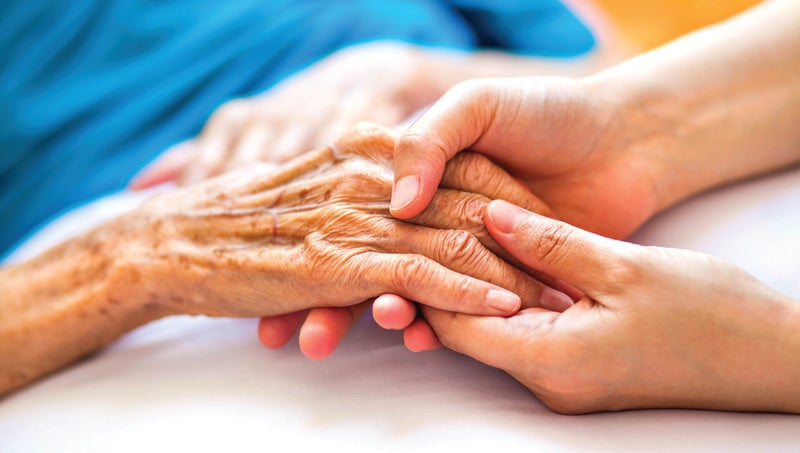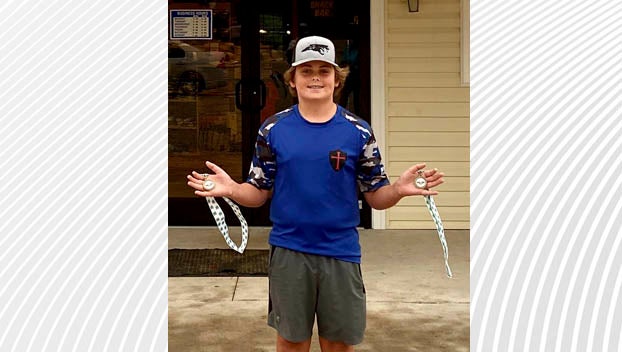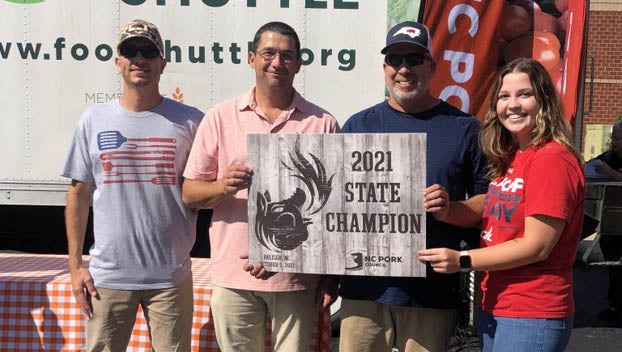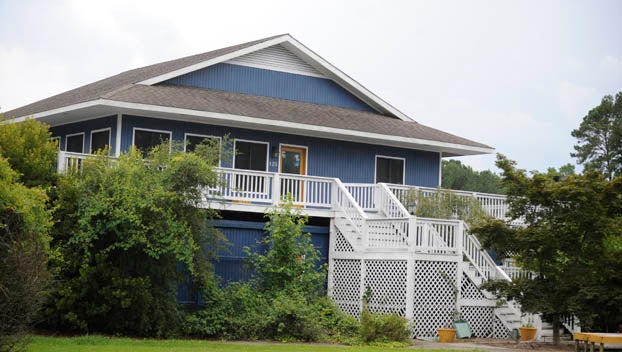A compassionate comeback
Published 7:44 pm Tuesday, March 24, 2020
|
Getting your Trinity Audio player ready...
|
The status quo has been broken. The typical American way of life has been altered, perhaps permanently, in some ways. Under the stress of the COVID-19 outbreak, the American system has been stretched, and the cracks in that system are showing through more clearly than ever.
As such, this situation has also placed a spotlight on the people who are most susceptible to falling through those cracks.
Consider the families who are living paycheck to paycheck, a layoff away from utility shutoff or even homelessness. While many creditors and companies are offering them a break on their bills, a return to work for some will simply mean a return to the normal precipice of financial ruin, perhaps with an accumulation of back payments that have to be made.
How can we make sure American workers have not just enough to get by, but enough to weather times of disaster and economic hardship?
Think of our seniors, many of whom subsist on Social Security, now being encouraged to avoid public spaces for their own personal safety. Think of how many can’t drive, or might need groceries or simply need an encouraging word from a friend or neighbor to make it through these hard times.
Shouldn’t we be checking in on them and helping them however we can every day?
Then there are the children who might miss dinner on a regular basis because of their family’s financial situation — kids who get free breakfast and lunch at school, and who get backpacks of food sent home with them every weekend. These same students might not be able to keep up with their peers in school, simply because their families can’t afford internet services, or because they live in an area where it’s not available.
How can our society take better care of those children?
In terms of health care, our health system has stepped up in many ways, working to guarantee treatment for those affected by the virus. But what happens when this is all done with, and they find themselves once again without health insurance or the funds to pay for medical treatment?
What is our collective responsibility to care for the sick?
As they have during so many other times of crisis, ordinary people are stepping in to fill the gap and care for their fellow Americans. It’s a powerful thing to witness. But when we come out on the other side, we need to do better.
A widely used cliché in business and politics is that the Chinese word for “crisis” is the same as “opportunity.” While linguists have debunked that particular cliché, there’s still some good wisdom to be gained from that idea.
As our country returns to “normal” in the future, perhaps now is a good time to leave some of our bad habits behind us. The American comeback must be infused with a strong dose of compassion for those around us, not just on a personal level, but also from an institutional standpoint.
Working through this difficult time together, let us also reflect on the lessons this outbreak is presenting for our society. Our leaders too, in politics and business, should consider these lessons. If that is the case, maybe, just maybe, we can rebuild the United States as a more compassionate, caring society than it was before we ever heard the term COVID-19.






